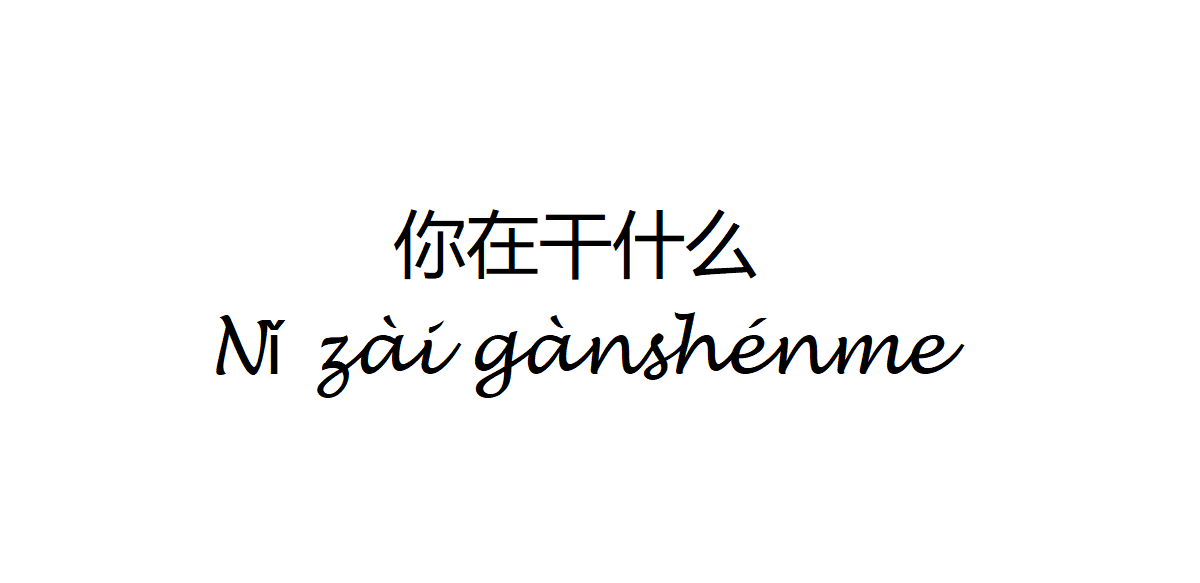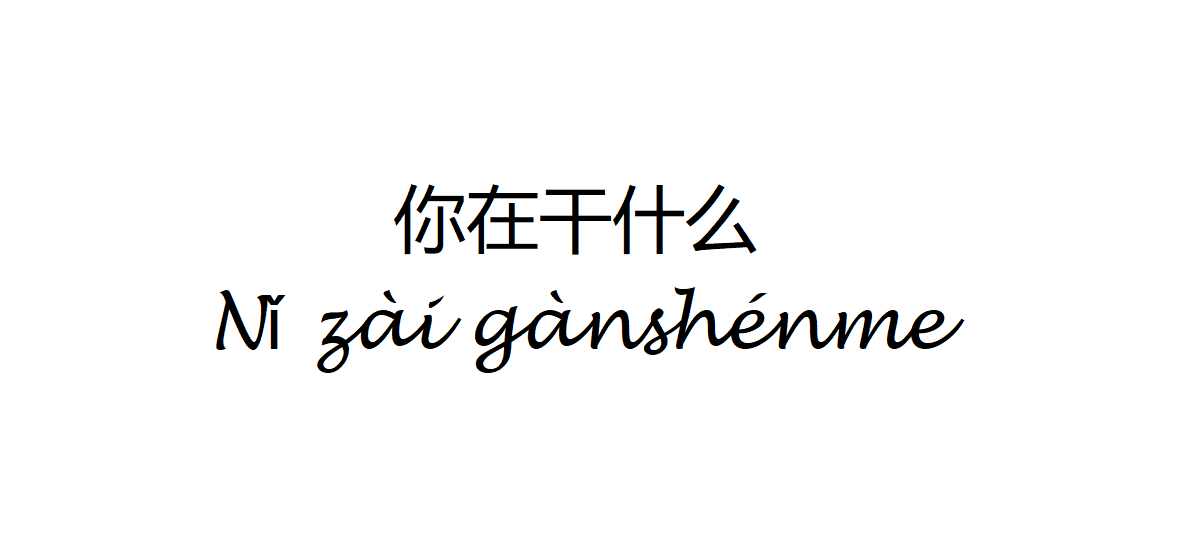Saying “what are you doing” in Chinese is actually quite simple. The phrase that you would use to ask someone what they are doing is 你在做什么 (Nǐ zài zuò shénme). This literally translates to “you do what?” and can be used as a general question of what someone might be up to. When using this phrase, it’s important to remember the proper pronunciation: Nee Zai Zooo Shen-muh. To help with pronunciation, it helps if you break down each syllable so that it’s easier for your tongue and lips to form the words correctly. It also helps if you practice saying the phrase out loud several times until you feel comfortable with how it sounds when spoken aloud.

How to Say What Are You Doing in Chinese
When responding to this question, there are a few different ways someone might answer depending on their current activity or plans for the day. For example, if someone is currently studying then they could say 我正在学习 (Wǒ zhèngzài xuéxí), which means “I’m studying”. Similarly, if they were eating something then they could say 我正在吃东西 (Wǒ zhèngzài chī dōngxi) which means “I’m eating something”.
Another way of getting information about someone’s current activity is by using 请问你现在干什么?(Qĭng wèn nǐ xiànzài gān shénme?) This translates into English as “What are you up to now?” and gives a more open ended response than just directly asking “what are you doing?”
Learning how to say What Are You Doing in Chinese does is very easy since all one has really needs know is one sentence: 你在做什么(Nǐ zài zuò shénme). After mastering this basic phrase everything else should fall into place naturally with time and practice!
Example Sentences using What Are You Doing in Chinese
1. What are you doing? – 你在干什么?- Nǐ zài gànshénme?
2. How have you been spending your time? – 你是如何度过你的时间的?- Nǐ shì rúhé dùguò nǐ de shíjiān de?
3. Are you up to anything interesting? – 你有什么有趣的事吗?- Nǐ yǒu shé me yǒuqù de shì ma?
4. What have you been occupied with lately? – 你最近在忙些什么?- Nǐ zuìjìn zài máng xiē shénme?
5. What’s occupying your attention at the moment? – 此刻你在关注什么?- Cǐkè nǐ zài guānzhù shénme?


 OK in Chinese
OK in Chinese